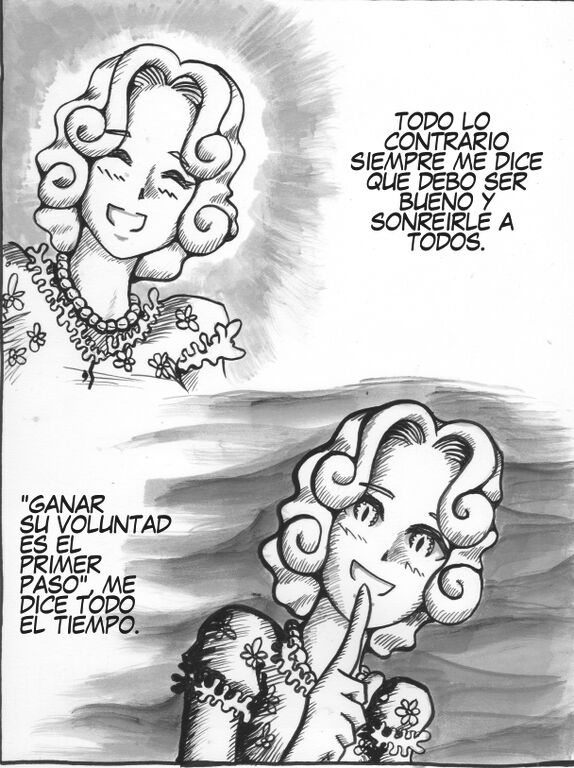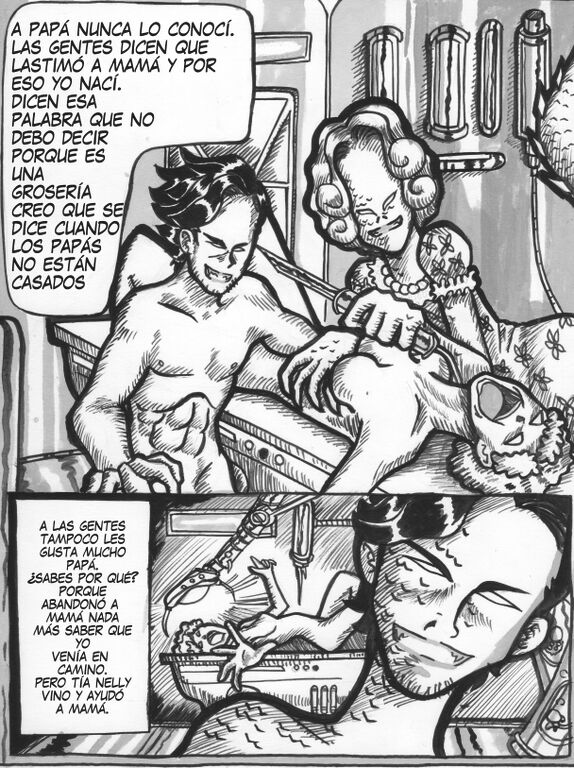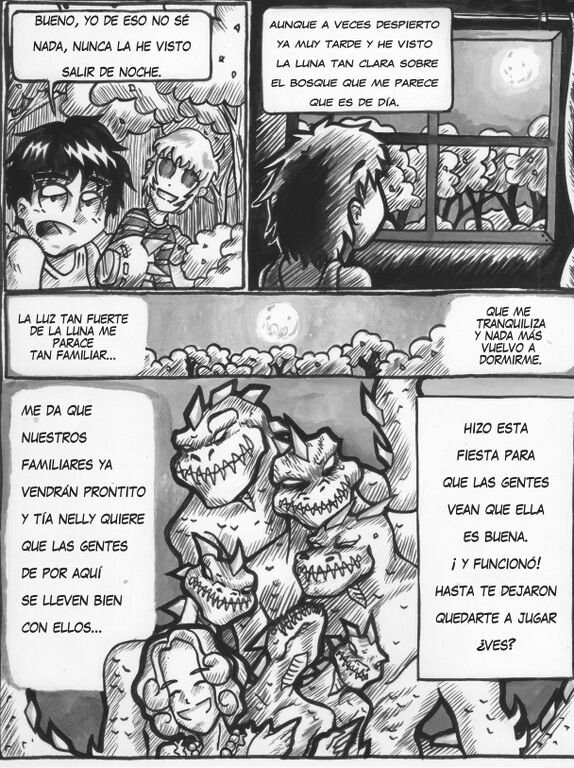by Terin Tashi Miller
The sun was bright and hot even though it was in the late afternoon. The cold bottled water went down as well as the warm vino tinto from the wineskin. A slight breeze blew, and I smoked my Faria too fast.
.
Below me, in the ring, a man, a matador, stood. He stood on one end of the ring, in the sand. At the other end stood a bull. I could not hear what the man said to the bull, but I saw him lift the red small cape in front of him and, from the opposite side of the ring the bull charged across the sand, hard and fast, gathering speed before dipping its horns to lift the cape.
.
In the seconds it took the bull to cross the beige colored sand, the cape was still there, but the man had moved. The horns caught the cape, and the bull tried to gore and lift the helpless cape out of his way. But there was no substance to it, no jar of impact of the horns against flesh or bone, and as the bull looked it saw the cape had moved. Not only had it moved, it was now on the side of the ring, across the sand, from where the bull had charged.
.
Again, the matador called to the bull, standing partly in the shade. Again, the bull used the distance to gain speed.
.
The matador completed his entire faena, calling and gesturing to the dark brown bull from across the beige sand. The bull passed so close to the man in its quest to remove the cape that the man’s “suit of lights” was stained with the bull’s blood from his thighs to his chest. The blood was dark, like that coagulating on the bull’s hide from where it had been pic-ed only once behind its neck and from where the paper-decorated barbed dowels, the banderillas, hung. The bull’s blood coagulated fast, so fast that when it came out it formed strings hanging from the bull’s hide rather than drops.
.
Each time the bull passed so close to the man that, if it had looked up from the cape, it would have gored him with a sharp, hard horn in his thigh, his groin, his stomach, his chest, or his kidneys. The man passed the bull in front of him twice and from behind him once, the man’s feet motionless until the bull had tried for the cape.
.
You could see the toes of the man’s black slippers digging into the beige sand, but the slippers did not flinch, even when it looked like the charging bull might step on them, its 650 kilos on a hoof on top of the man’s slipper. You could look up from the sand and the slippers, past the pink socks and up the traje de luces to the man’s face and all you’d see was control. The matador, a virtual no-name who many had ignored at the start of this, was in complete control of the bull – from the opposite side of the yards-wide ring.
.
His across-the-ring passes of the bull, his faena with the red cape, however, meant one unmistakable thing. You could hear the bells on the bridle of the horses from inside their entryway long before you saw them. But you knew what the faena and the bells meant.
.
The matador walked over to his assistants on his side of the ring, opposite of where he’d left the bull standing on all fours, panting slightly, from its racing across the ring after the cape, irritated like a man by a mosquito he can’t seem to get rid of.
.
The matador and his assistants were arguing, hands flying into the air up by their faces and heads, near their black woolen montero hats.
.
The matador walked back into the center of the ring, took his montero off, showed it in a slow, sweeping circle from where he stood, and tossed it behind him, toward the section of the ring where the most critical fans sat, a couple sections away from the Royal Box.
.
The moment he tossed it the matador knew something had happened because of the loud, collective gasp from the crowd. Quickly he looked in the direction of where he’d left the bull. The bull stood there, still resting. The matador looked behind him. His montero had landed on its top, upside down – an omen, some thought, that the bull’s fate would be reversed.
.
The matador slowly walked over to his montero and turned it so it sat properly on the sand, its red lining no longer visible under the black wool. The crowed cheered.
.
“Ha preguntao si el toro ha ganado su vida – si se merito indulto,” the man sitting next to me said in Spanish. “He asked if the bull had won its life,” he said again, in English so I would understand. I nodded as if I knew what he was talking about. “But his cuadrillo, his promoter, and God said ‘no.’”
.
Another gasp around the ring drew my attention back to what was happening in front of me. The matador was standing yards away – again on the opposite side of the ring, almost, from the bull. He’d raised his killing sword, shiny silver and bent downward at the tip, in an arc as if scraping the sky with it, using its blood run as a site to aim where he wanted it to go.
.
“Por Dios, que grande son sus huevos, hombre!” shouted the man next to me. “He’s not going after the bull to kill it! He’s going to have the bull come to him!”
.
“Is that good?”
.
“It’s very rare,” the man next to me said. “He’s got balls, this one.”
.
The crowd all around the ring – even in the most critical seats – grew silent. You could hear the matador calling to the bull, holding the small red cape in front of his left knee, his forearms forming a cross with the sword tip pointed in the direction of the bull.
.
The bull and matador stood just outside the first white line that ringed the beige sand of the arena.
.
“Huh, Toro!” the matador said. “Huh!”
.
He moved the cape slightly up, then back down over his knee. The bull watched, yards away. His ears moved, and his tail flicked.
.
“Huh…”
.
The matador, his black slippered toes digging into the sand, stood his ground as the bull charged, all four legs pulling it towards him. The matador pushed himself up onto his toes, like a ballet dancer, leaning forward as the bull came in, putting the sword up to its hilt on the first try right behind the bull’s neck and between its shoulder blades just as the bull stopped to lower its head for one great toss of its curved-in horns just before hitting the man’s waist.
.
In the instant it lowered its head, the sword went in and the matador, his suit of sparkling thread matted with the bull’s blood, rolled to his left over the curved-in horn and brought the cape with him, making it suddenly disappear from in front of the bull’s face.
.
The bull got a few more paces before standing stock still. But it did not go down. The matador picked up his montero, quite near where he’d actually killed the bull, and formed a sign of the cross “En nomine del Padre, del Hijo, del Espiritu Santo….” At the bull’s hindquarters, then pointed downward at the sand. He commanded the bull to die. But it stood there, wavering slightly, on all four legs.
.
That the bull had been killed by the perfect placement of the curved-down sword – that its aorta had been severed by the curved tip of the sword as it glided in for its task, there could be no doubt. Had the sword been placed badly, puncturing a lung, the bull would be coughing up blood. But it wasn’t. Its tongue wasn’t even lolling out of its mouth, as it usually did. Nothing changed for what seemed a long time. Then, the bull took one more step forward, and almost flipped onto its back, falling over sideways, its four legs stiff as the legs of a chair.
.
The matador, like much of the crowd at Las Ventas that afternoon, had tears in his eyes. The crowd leapt to its feet, cheering loudly, wiping tears, and didn’t sit back down until the horses with bells on had dragged the bull around the ring and out the way it had come in. The ring maintenance crew took several buckets of sand but had a difficult time, and worked slowly, trying to cover the streak of blood from where the horses had dragged the bull.
.
The matador walked silently back to his assistants, and lifted the clay botijo filled with cool water into the air, pouring some from its spout onto his face as well as into his mouth. But he did not spit the first mouthful into the sand behind him as usual. He did not try to clean the bull’s blood off his suit of lights.
* * * * * * * * * * * *
Terin Tashi Miller spent many of his formative years in India, the child of anthropologist parents. Since then, he has lived and worked in a variety of countries in Europe and Asia.
.
The author of three novels, Kashi, Sympathy for the Devil, and Down the Low Road, his writing has appeared in guide books, international magazines including Time and Geografica Revista, and newspapers including The Wall Street Journal, The Dallas Morning News and The Los Angeles Times. His short stories have also been published in numerous literary magazines.
.
He began his writing career as a part-time reporter for Time magazine, then worked for The Associated Press in India and North Dakota and AP-Dow Jones News Services in Spain and New York, and as a reporter for The Fort Worth Star-Telegram, The Milwaukee Sentinel, Amarillo Daily News and the Hilton Head Island Packet.
.
Born in St. Louis, Mo., and raised in Madison, Wis. and several provinces in India, he currently lives in New Jersey.
.
http://www.terinmiller.com
* * * * * * * * * * * *

photo by Angela M Campbell



















